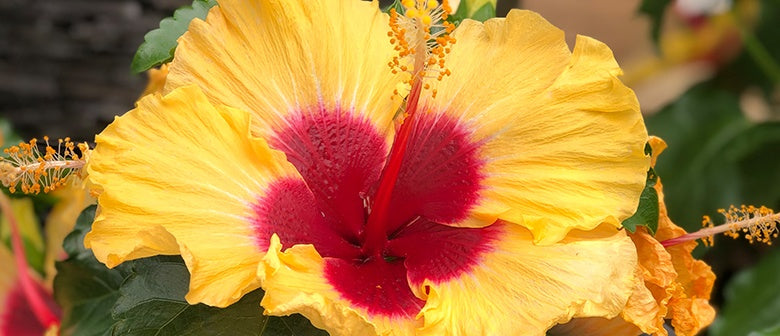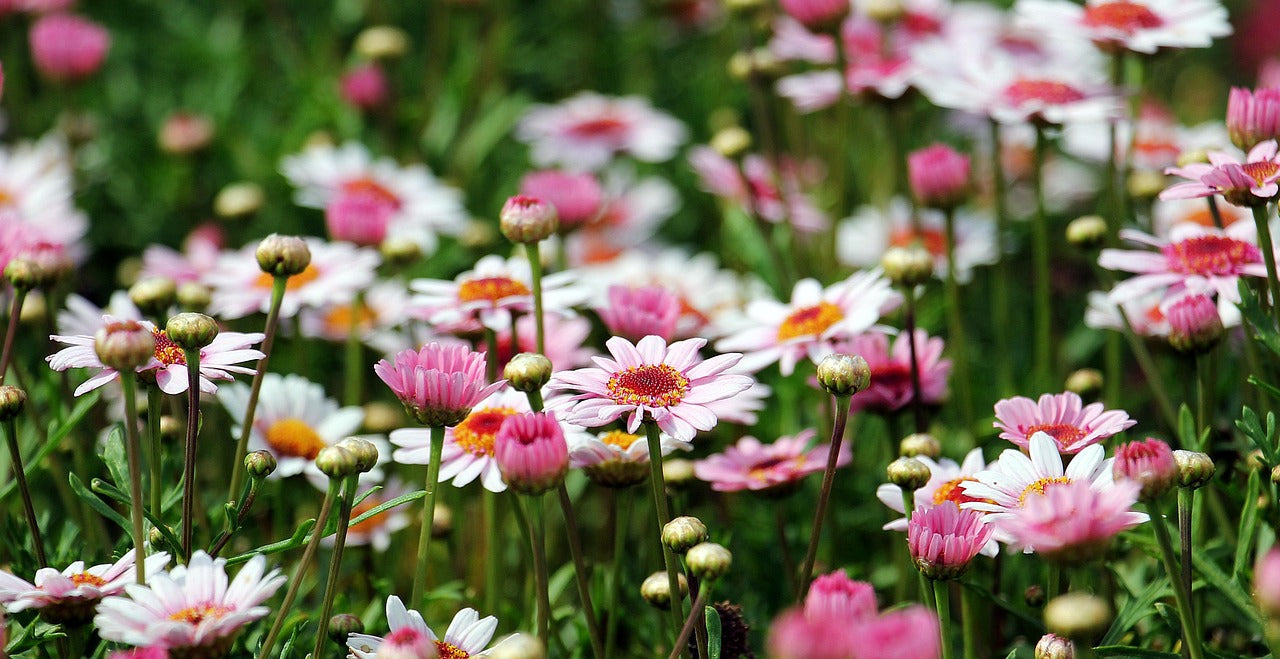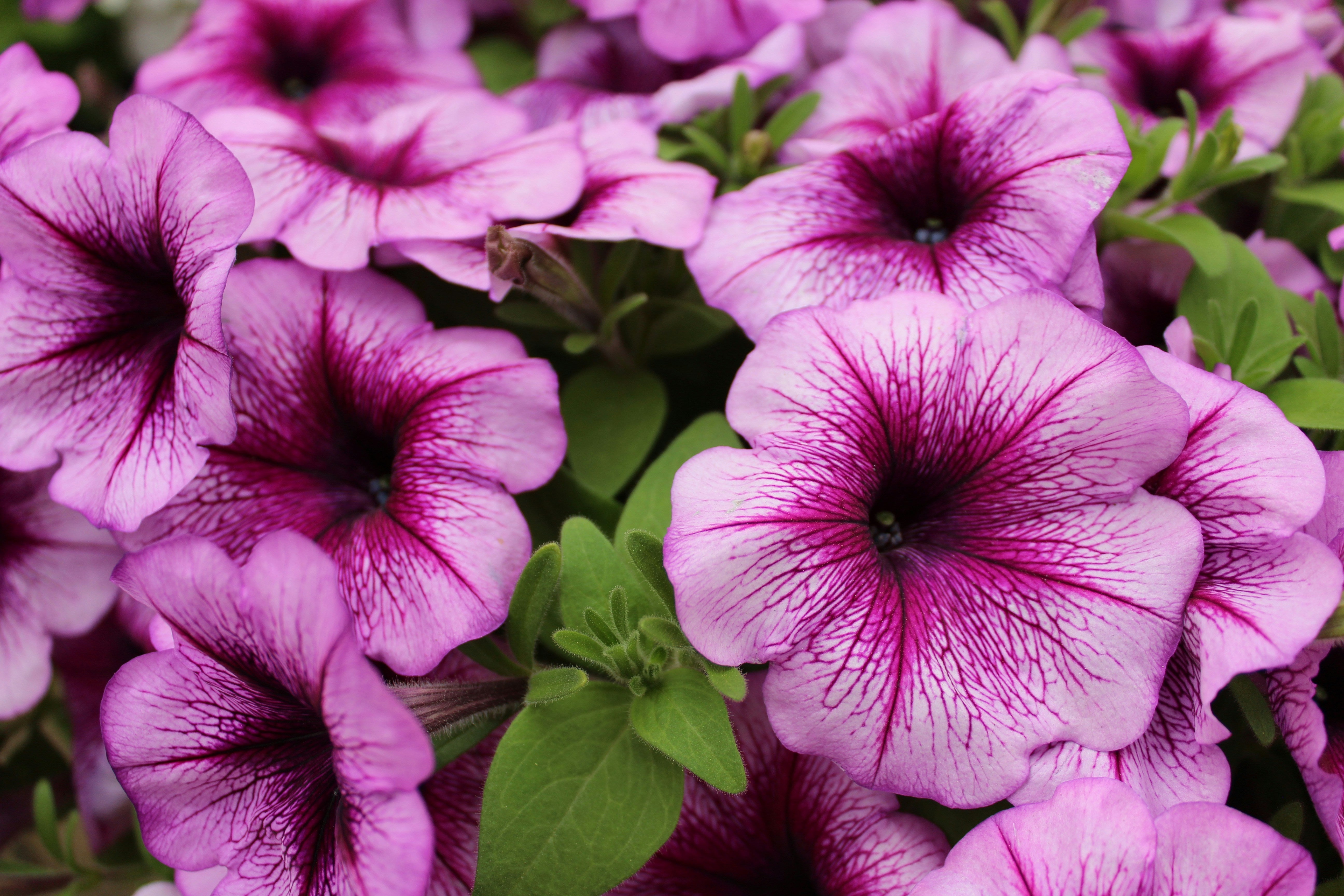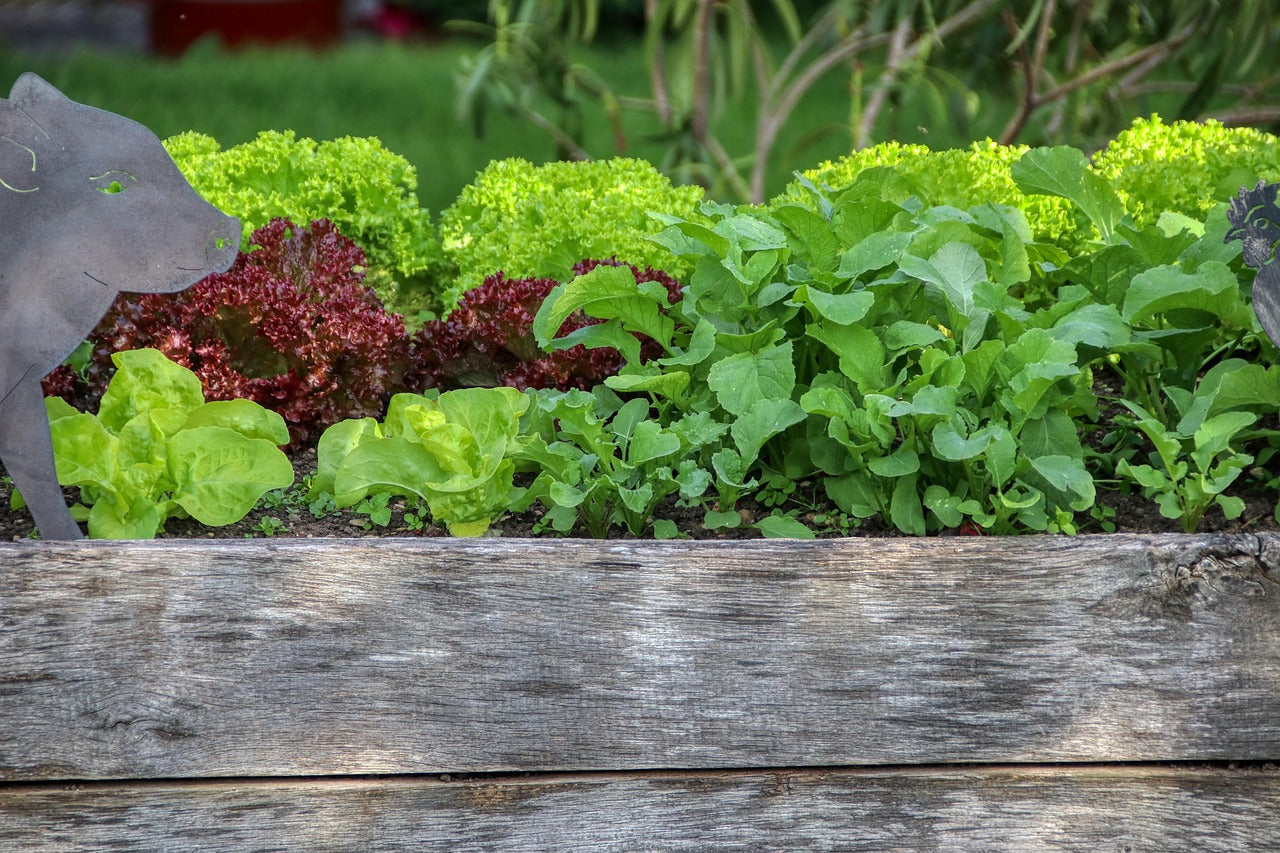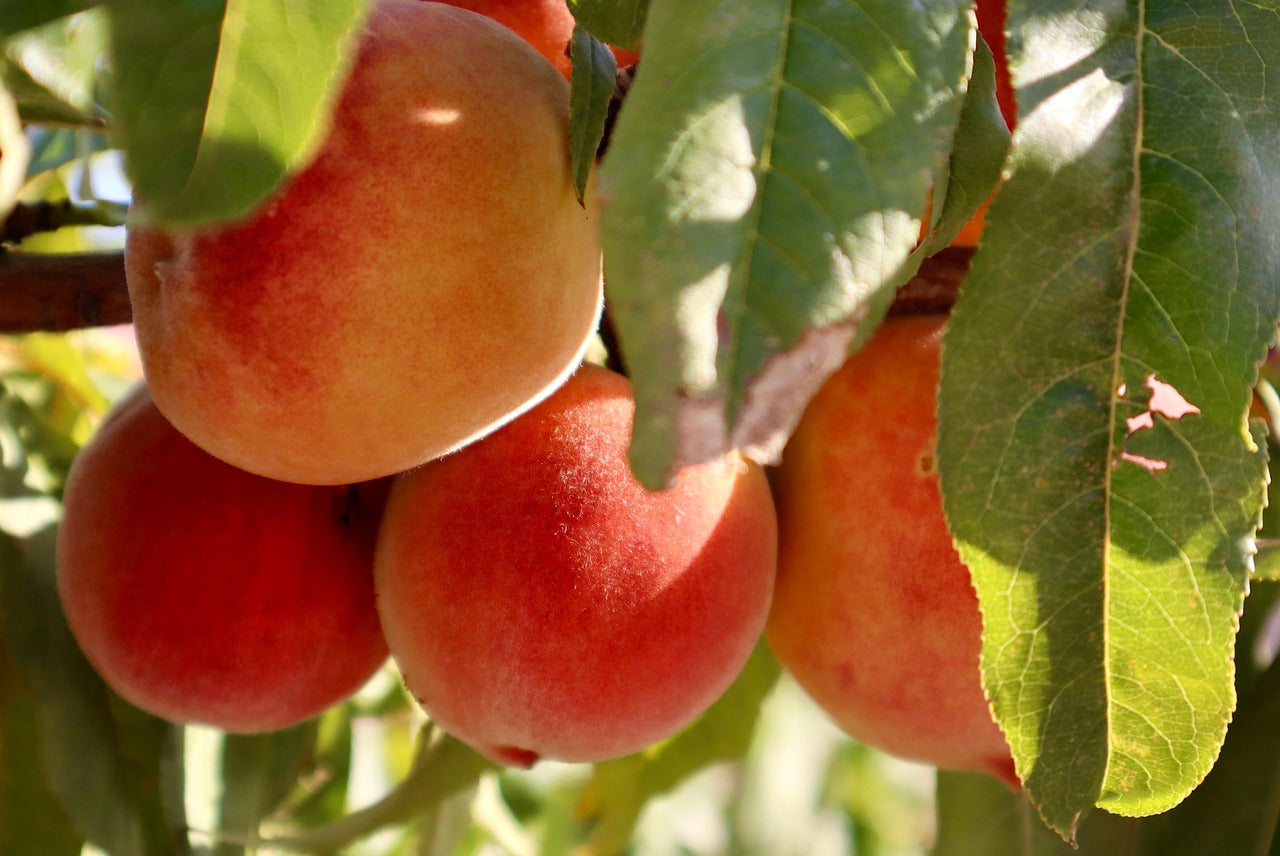Hibiscus are a stunning addition to the garden. Their enormous blooms come in a variety of bright colours and add a real tropical feel to the backyard.
They’re a hardy shrub that doesn’t require a huge amount of maintenance, so if you’re looking to add some interest and colour to your garden, without hours of work – give them a go!
How to plant
 Hibiscus require loose, well draining soil and prefer the soil to be acidic. If your soil is lacking in acidity, this can be amended by adding acid fertiliser or more organic matter such as compost or sheep pellets.
Hibiscus require loose, well draining soil and prefer the soil to be acidic. If your soil is lacking in acidity, this can be amended by adding acid fertiliser or more organic matter such as compost or sheep pellets.
Hibiscus prefer to be in a sunny, but sheltered spot. Direct sunlight for long periods of time can burn their blooms.
When planting, dig a hole that is twice as big as the pot the shrub came in. Gently add your hibiscus into the hole and fill any remaining space with a mixture of the existing soil from your garden and a good quality garden mix. For added nutrients and protection, we recommend adding a layer of mulch, like Tui Mulch & Feed, around the base of the plant.
Caring for your Hibiscus
Watering
Straight after planting and during the warmer months, your hibiscus will require regular watering. Water until the soil is moist but not drenched. During winter when the plant is dormant, watering is not required unless the soil is looking very dry.
 Pruning
Pruning
Pruning your hibiscus will encourage new growth so we recommend giving the plant a decent cut back in late spring/early summer. When pruning, cut branches back by the leaf joint at an angle away from the centre of the bush. This will send a signal to the plant to grow more branches at this location, outwards and away from the centre of the bush. Never cut off more than 2/3 of a single branch at one time as this will harm the hibiscus. If any part of your plant dies, cut it off.
Feeding
Hibiscus love potassium but don’t like too much phosphorous so feed with a high potassium fertiliser such as Sulphate of Potash in early summer. We also recommend frequent feeds of Tui Organic Seaweed Plant Tonic or Yates Thrive Natural Organic Seaweed Plant Food.
Pest and disease control
Remove any weeds from around the base of your plant so it is not competing for nutrients and sunlight. Spray the leaves with organic Free Flo Copper to prevent black spot and if you notice aphids are appearing use organic Enspray Oil to fight them off.

